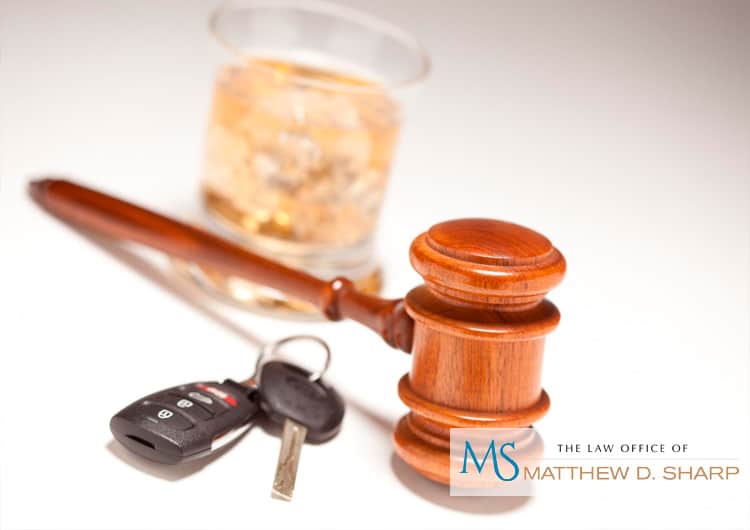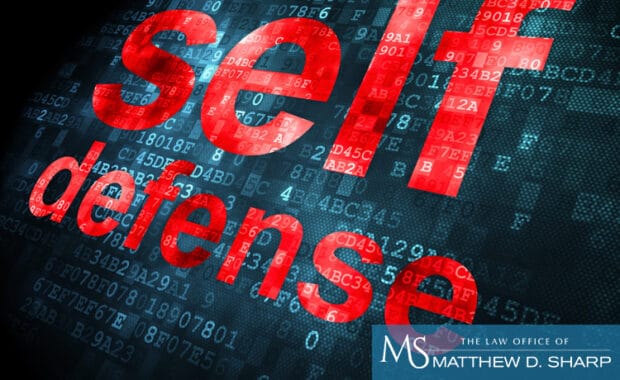Advice from an experienced Houston DWI Defense attorney

The state of Texas uses the phrase “driving while intoxicated” (DWI) rather than “driving under the influence” (DUI). The terms are used interchangeably in reference to drunk driving or drugged driving.
Texas DWI laws prohibit any motorist from driving a motor vehicle:
- While intoxicated by alcohol or drugs
- With a blood alcohol concentration (BAC) of .08 percent
In general, a motorist is deemed intoxicated if he or she lacks the normal use of physical or mental capabilities due to consuming drugs, alcohol or another substance. You can also be charged with a DWI in Texas if you operate a boat while intoxicated.
In addition, Texas maintains zero-tolerance laws that prohibit drivers under the age of 21 to operate a vehicle with any amount of alcohol in their system.
Being charged with a DWI without driving
In Texas, you may be charged with a DWI even if you don’t actually drive the vehicle. The law uses the broader term of “operating” a vehicle. Operating your vehicle with a prohibited BAC or while intoxicated may result in being charged with a crime.
The courts in Texas have said that the phrase “operate a vehicle” is broad and refers to any action that may enable the use of a vehicle, including sitting behind the wheel while intoxicated with the keys in the ignition—even if your vehicle isn’t moving.
Texas BAC limits and per se DWIs
A drunk driving charge based upon your BAC rather than your level of driving impairment is called a per se DWI. The amount you must consume to reach the legal limits for BAC depends on many individual factors such as your body size, gender and the strength and number of alcoholic drinks.
A BAC table like the one provided here can estimate what your blood alcohol content may be after a certain amount of alcoholic. However, if you have had anything to drink, it’s best not to get behind the wheel of a car.
| BAC | Physical & mental effects of alcohol at various Blood Alcohol Concentration levels |
|---|---|
| .01 – .03 | No apparent effects. Slight mood elevation. In California, you will test as legally impaired at .01% BAC if you are under 21. It is illegal to drive or bike at this level. |
| .04 – .06 | Feeling of relaxation. Sensation of warmth. Minor impairment of reasoning and memory. |
| .07 – .09 | Mild impairment of balance, speech, vision and control. In California, you will test as legally impaired at .08% BAC if you are over 21. It is illegal to drive or bike at this level. |
| .10 – .12 | Significant impairment of motor coordination and loss of judgment. Speech may be slurred. |
| .13 – .15 | Gross impairment of motor control. Blurred vision and major loss of balance. Onset of dysphoria (anxiety, restlessness). |
| .16 – .20 | Dysphoria predominates. Nausea may appear. Drinker has the appearance of “sloppy drunk.” |
| .25 – .30 | Severe intoxication. Needs assistance walking. Mental confusion. Dysphoria with nausea and some vomiting. |
| .35 – .40 | Loss of consciousness. Brink of coma. |
| .40 and up | Onset of coma. Likelihood of death due to respiratory failure. |
Source: Stanford University
Texas DWI laws and penalties
The penalties for a DWI in Texas depend on the circumstances of your case. A judge may impose a range of potential penalties based upon any prior convictions you may have. Depending on whether it’s a 1st offense, or a 2nd or 3rd offense, you may be facing a penalty of up to 10 years in jail, $10,000 in fines, license suspension of 2 years and an ignition interlock device installed on your car for up to 1 year.
Texas DWI laws with a child passenger under 15
If you are convicted of a DWI with a passenger who is younger than 15 years old, you face enhanced penalties. You could be penalized with up to 2 years in prison and up to $10,000 in fines.
Commercial drivers
In addition to the regular penalties for a DWI in Texas, if you are a commercial driver who is convicted of a first DWI while operating any vehicle, you may be disqualified from operating a commercial vehicle for 1 year.
However, the penalty will be much worse if the vehicle you were driving while intoxicated was carrying hazardous materials. You will be disqualified from driving commercial vehicles for 3 years. If you’re a commercial driver who is convicted of a second DWI while driving any type of vehicle, you will likely lose your commercial driving license for life.
Underage intoxicated drivers
Younger drivers can face the following penalties if they are at least 18 but still under 21 when arrested for a DWI:
- A minor may be fined up to $500 and required to perform 20 to 40 hours of community service for a 1st offense. The community service must relate to prevention or education about alcohol abuse. Their driver’s license will be suspended for 30 days.
- A minor may be fined $500 and required to perform 40 to 60 hours of community service after a 2nd offense. The community service should be related to prevention or education about alcohol abuse. Their driver’s license will be suspended for 60 days.
- A minor may be fined up to $2,000 and face up to 180 days in jail for a 3rd conviction. Their driver’s license will be suspended for 180 days.
Criminal liability for providing alcohol to a minor
You may be charged with a crime if you provide alcohol to an individual who is under 21. You may face up to a year in jail and a fine of up to $4,000.
Implied consent in Texas
When you drive a vehicle in Texas, you submit to implied consent. This means that you must submit a breath or blood test when you have been lawfully arrested for a DWI. If you refuse, you may face additional penalties.
Texas uses failed BAC tests, prior DWI convictions and refusals to determine a 2nd or 3rd refusal in the previous 10 years.
Plea bargaining a DWI in Texas
If you face a DWI charge in Texas, you may seek to have the charge dismissed. However, this is difficult. The court would need to dismiss evidence against you, and it’s highly unlikely that a prosecutor would agree to a dismissal. In some circumstances, you may get a charge changed to a “wet reckless.” This is reckless driving that involves drugs or alcohol.




